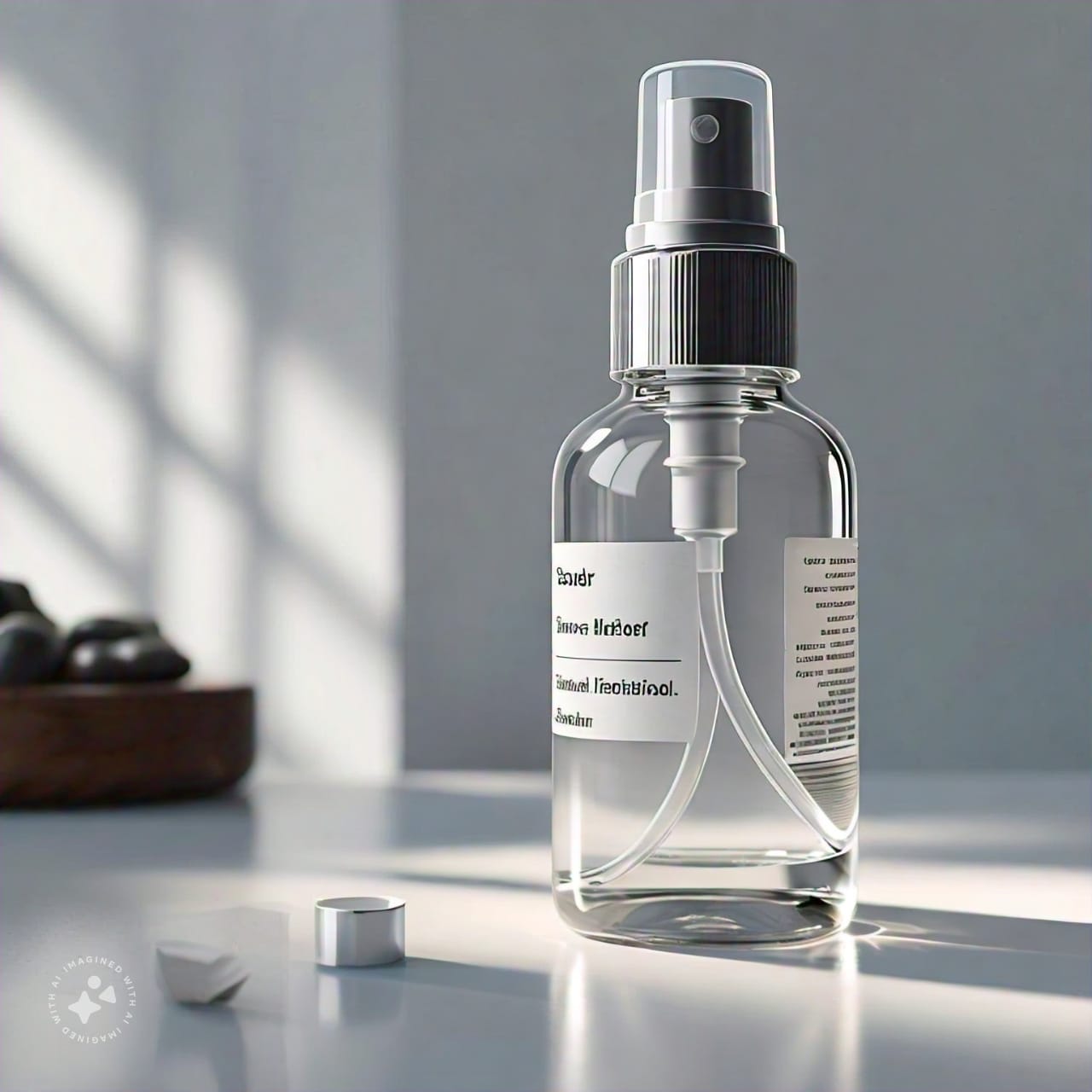Sinusitis, also known as a sinus infection, occurs when the cavities around your nasal passages become inflamed. It is a common condition affecting millions of people worldwide, and it can vary in severity from mild discomfort to severe pain and congestion. This blog will explore the causes, symptoms, types, and treatments for sinusitis, along with prevention tips to manage the condition effectively.
What is Sinusitis?

(This Image is Made by Meta AI)
The sinuses are hollow air spaces within the bones of the face and skull. These include the maxillary (cheekbones), ethmoid (between the eyes), frontal (forehead), and sphenoid sinuses (deep behind the nose). When these sinuses become blocked due to infection, allergies, or other factors, they can swell and cause a sinus infection.
Types of Sinusitis
Sinusitis can be classified into four major types based on the duration of the infection:
- Acute Sinusitis: This type usually lasts less than four weeks. It often follows a cold or a viral upper respiratory infection.
- Subacute Sinusitis: This infection lasts between four to twelve weeks and may develop when acute sinusitis is not properly treated.
- Chronic Sinusitis: Chronic sinusitis persists for twelve weeks or longer, often accompanied by inflammation despite treatment.
- Recurrent Sinusitis: People who experience several sinus infections in a year may be diagnosed with recurrent sinusitis, though they may recover completely in between episodes.
Causes of Sinusitis

(This Image is Made by Meta AI)
The most common causes of sinusitis include:
- Viral infections: Most sinus infections are triggered by the common cold or other viral infections.
- Bacterial infections: If the symptoms of a viral sinus infection last more than 10 days, a bacterial infection may be the cause.
- Fungal infections: People with weakened immune systems or chronic sinusitis may develop a fungal sinus infection, although this is less common.
- Allergies: Allergic reactions, such as hay fever, can cause inflammation of the sinuses, leading to sinusitis.
- Nasal polyps: Growths in the nasal passages or sinuses can block mucus drainage.
- Deviated septum: A crooked nasal septum can cause nasal congestion and restrict sinus drainage, leading to infections.
- Other conditions: Conditions such as asthma, immune system deficiencies, or frequent upper respiratory infections may increase the risk of sinusitis.
Symptoms of Sinusitis
Sinusitis symptoms can vary depending on the severity and type of infection. Common symptoms include:
- Nasal congestion
- Thick, discolored nasal discharge (green or yellow)
- Postnasal drip (mucus drainage down the throat)
- Facial pain or pressure (especially around the eyes, nose, forehead, or cheeks)
- Headache
- Tooth pain
- Reduced sense of smell or taste
- Sore throat
- Cough
- Fatigue
- Bad breath
Chronic sinusitis may cause additional symptoms like nasal obstruction, ongoing facial pain, and a sense of fullness in the face.
Diagnosis of Sinusitis
A doctor will typically diagnose sinusitis based on a patient’s symptoms, medical history, and physical examination. In some cases, the following diagnostic tests may be recommended:
- Nasal endoscopy: A thin, flexible tube with a light is inserted into the nose to view the sinus passages.
- CT scan: A detailed image of the sinuses can help identify structural issues or blockages.
- Allergy tests: These tests can detect whether allergies are contributing to the sinus infection.
Treatments for Sinusitis
The treatment for sinusitis depends on the type of infection and its severity. Common treatment options include:
- Home remedies:
- Saline nasal spray or rinse: Helps to clear out mucus and keep the nasal passages moist.
- Steam inhalation: Breathing in steam from hot water can reduce nasal congestion and ease discomfort.
- Hydration: Drinking plenty of fluids helps thin mucus, making it easier to drain.
- Rest: Adequate rest can speed recovery and strengthen the immune system.
2. Medications:
- Decongestants: These medications help reduce nasal swelling and clear sinus passages but should be used short-term to avoid rebound congestion.
- Nasal corticosteroids: These sprays help reduce inflammation in the sinuses, especially for those with chronic or allergic sinusitis.
- Antibiotics: If the sinus infection is bacterial, antibiotics may be prescribed. Viral infections, however, do not require antibiotics.
- Antihistamines: These medications are used when allergies contribute to sinusitis.
- Pain relievers: Over-the-counter medications like ibuprofen or acetaminophen can help manage headaches and facial pain.
3. Surgical interventions:
- Functional endoscopic sinus surgery (FESS): For chronic or severe sinusitis that doesn’t respond to medication, surgery may be necessary to remove blockages and improve sinus drainage.
- Balloon sinuplasty: This minimally invasive procedure involves inflating a small balloon inside the sinus passage to open it and improve drainage.
Preventing Sinusitis
There are several ways to reduce the risk of developing sinus infections:
- Manage allergies: Treating allergies promptly can prevent inflammation that leads to sinusitis.
- Stay hydrated: Drinking plenty of water keeps mucus thin and easier to drain.
- Avoid cigarette smoke: Exposure to smoke can irritate and inflame the nasal passages.
- Use a humidifier: Dry air can irritate the sinuses, so keeping indoor air moist can help prevent infections.
- Practice good hygiene: Washing your hands regularly can reduce the risk of viral infections that trigger sinusitis.
- Treat colds promptly: Addressing cold symptoms early can prevent them from progressing to a sinus infection.
Conclusion
Sinusitis is a common condition that can be uncomfortable, but with proper care and treatment, it can be managed effectively. If symptoms persist for an extended period, it is essential to consult a healthcare professional for a proper diagnosis and treatment plan. With the right approach, you can alleviate symptoms and prevent future sinus infections.

